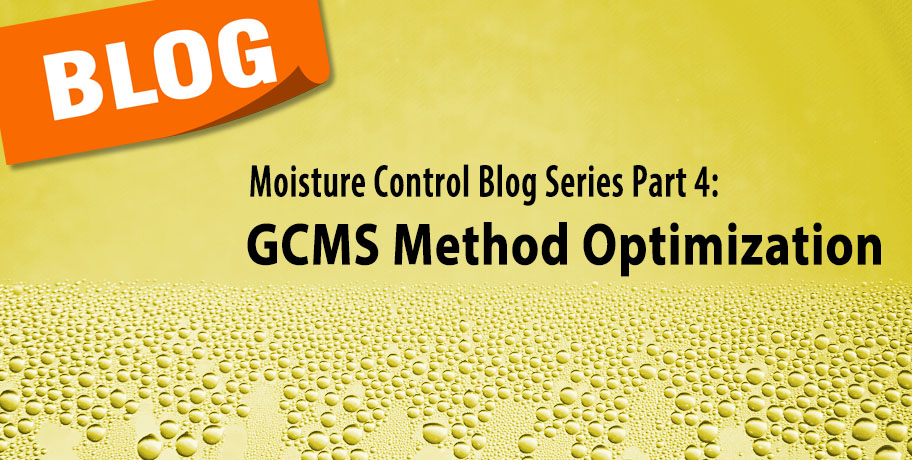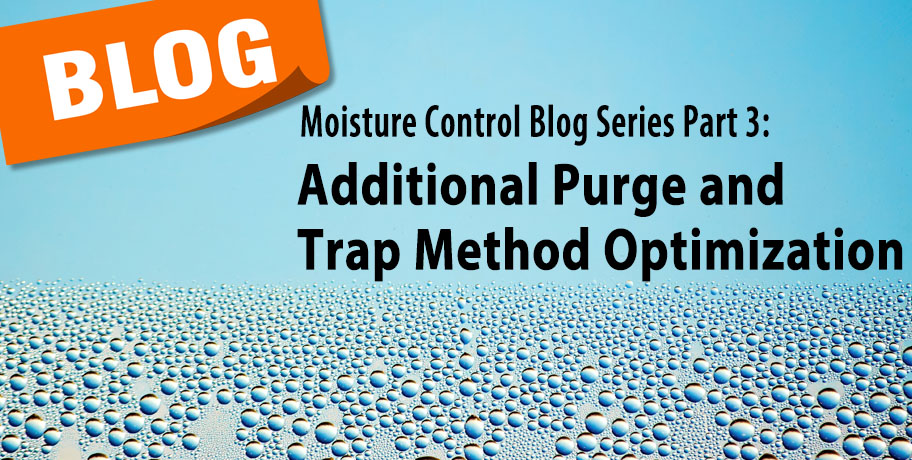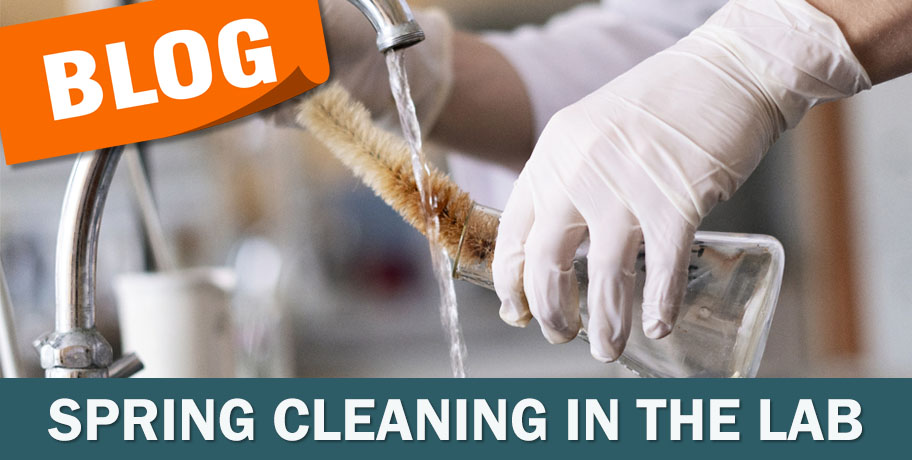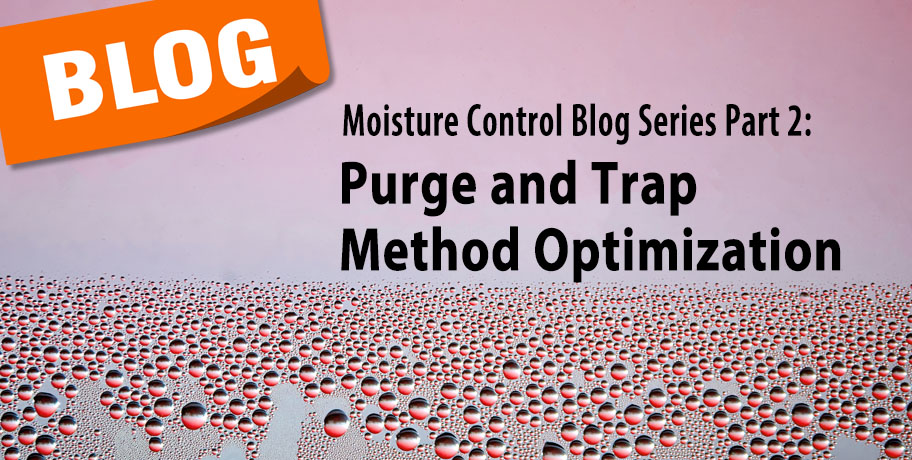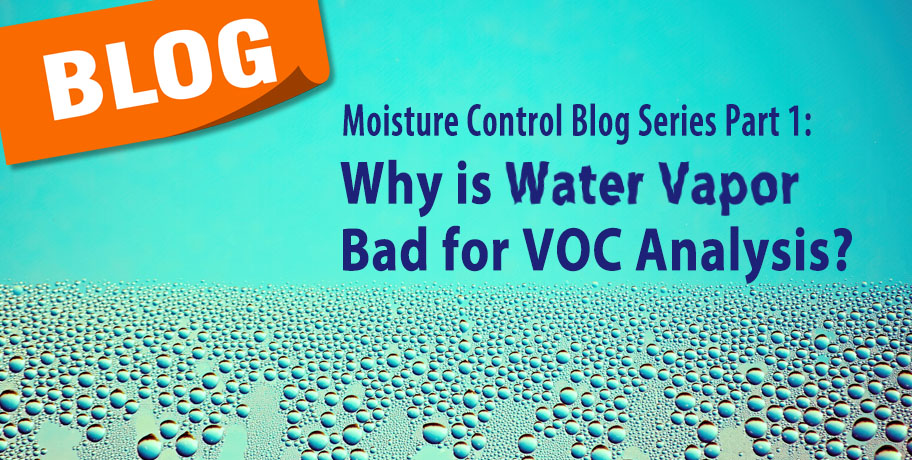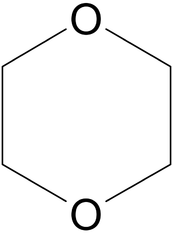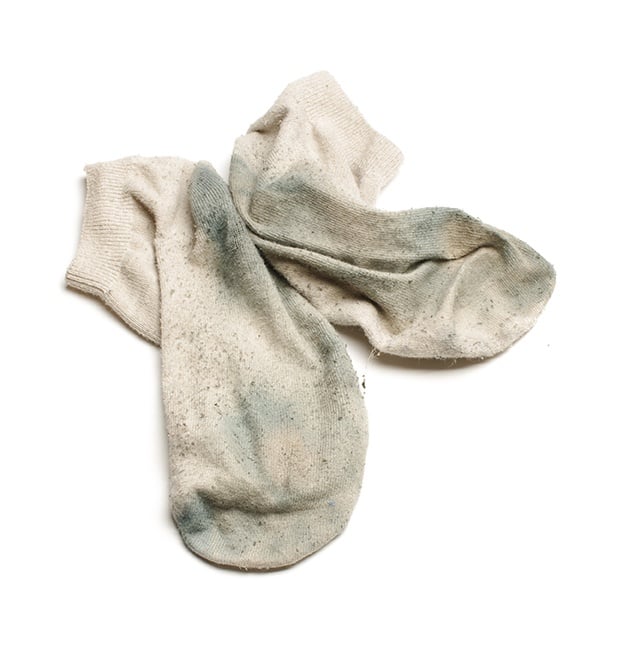This is the second in our Troubleshooting series for VOC Analysis.
Part one is linked here, VOC Analysis Troubleshooting Part 1: How to Begin Troubleshooting
Part 2 will discuss No, or Low, Analyte Response and Carryover.
Troubleshooting your instruments can be a frustrating process, but I hope this series eases some of that pain and helps you through it. If you’re dealing with no or low response from your analytes, you first need to know if the analytes are even getting to the Gas Chromatograph and Mass Spectrometer (GC-MS). Following the advice in part one of this series, start with a direct injection into the GC of the same standards you use on your Purge and Trap (P&T), to confirm normal operation of the GC-MS. If you see poor chromatography and resolution or reduced response, you should change your inlet liner and clip the column.


